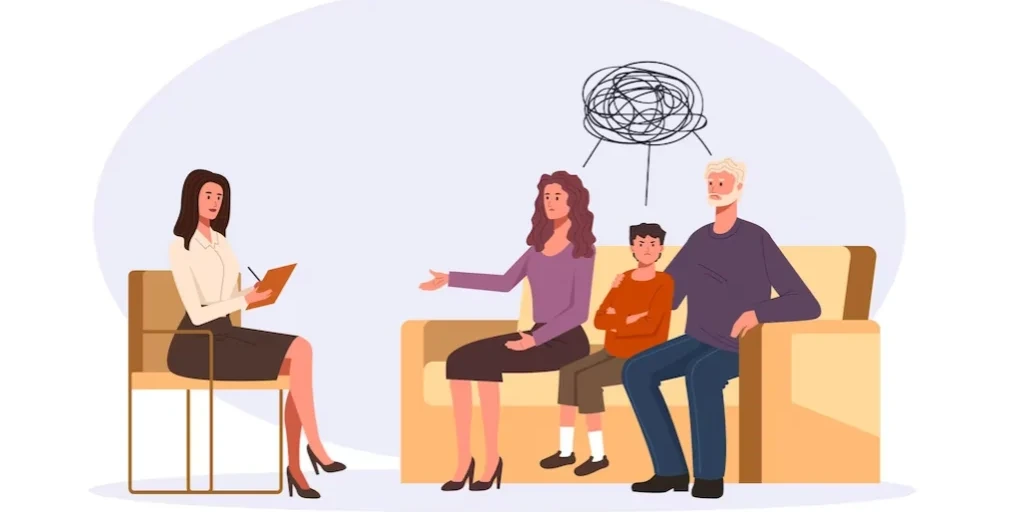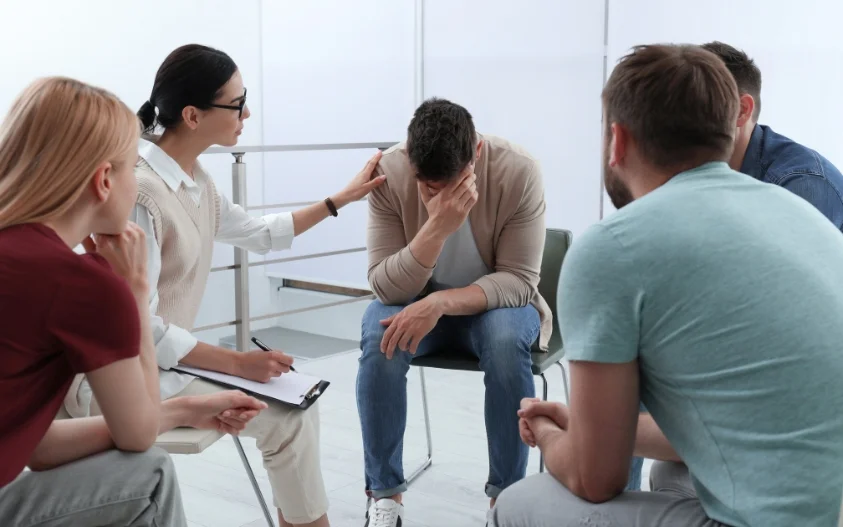24/7 Helpline:
(866) 899-221924/7 Helpline:
(866) 899-2219
Learn more about Medication-assisted Treatment centers in Jackson County
Medication-assisted Treatment in Other Counties

Other Insurance Options

Ambetter

Medical Mutual of Ohio

Optima

Premera

WellPoint

Self-pay options

BlueCross

Humana

Horizon Healthcare Service

Molina Healthcare

Private insurance

Magellan Health

Covered California

Optum

Aetna

American Behavioral

Coventry Health Care

PHCS Network

AllWell

Highmark

St. Joseph’s Addiction Treatment & Recovery Centers
St. Joseph's Addiction Treatment & Recovery Centers offers outpatient treatment for individuals with...
















































North Star Behavioral Health
North Star Behavioral Health is a private rehab located in Malone, New York. North Star Behavioral H...

Citizen Advocates – Behavioral Health Clinic
Services include but are not limited to: Individual and group/family psychotherapy Individualized co...

Youth Advocate Programs – Franklin County
Youth Advocate Programs is a counseling clinic located in Malone, NY. Youth Advocate Programs specia...

Citizen Advocates – Crisis and Recovery Center
Services include but are not limited to: 24/7 crisis services Substance use disorder evaluation and ...



































































